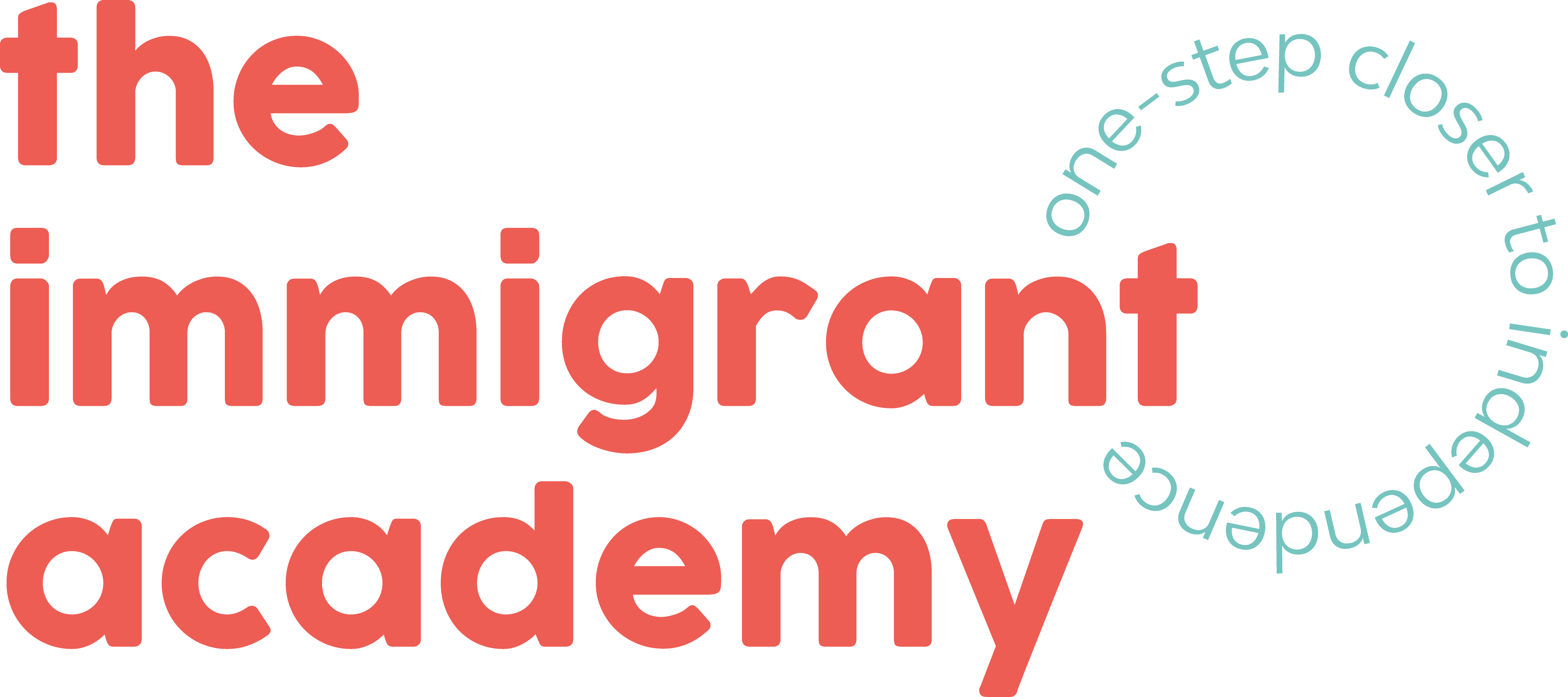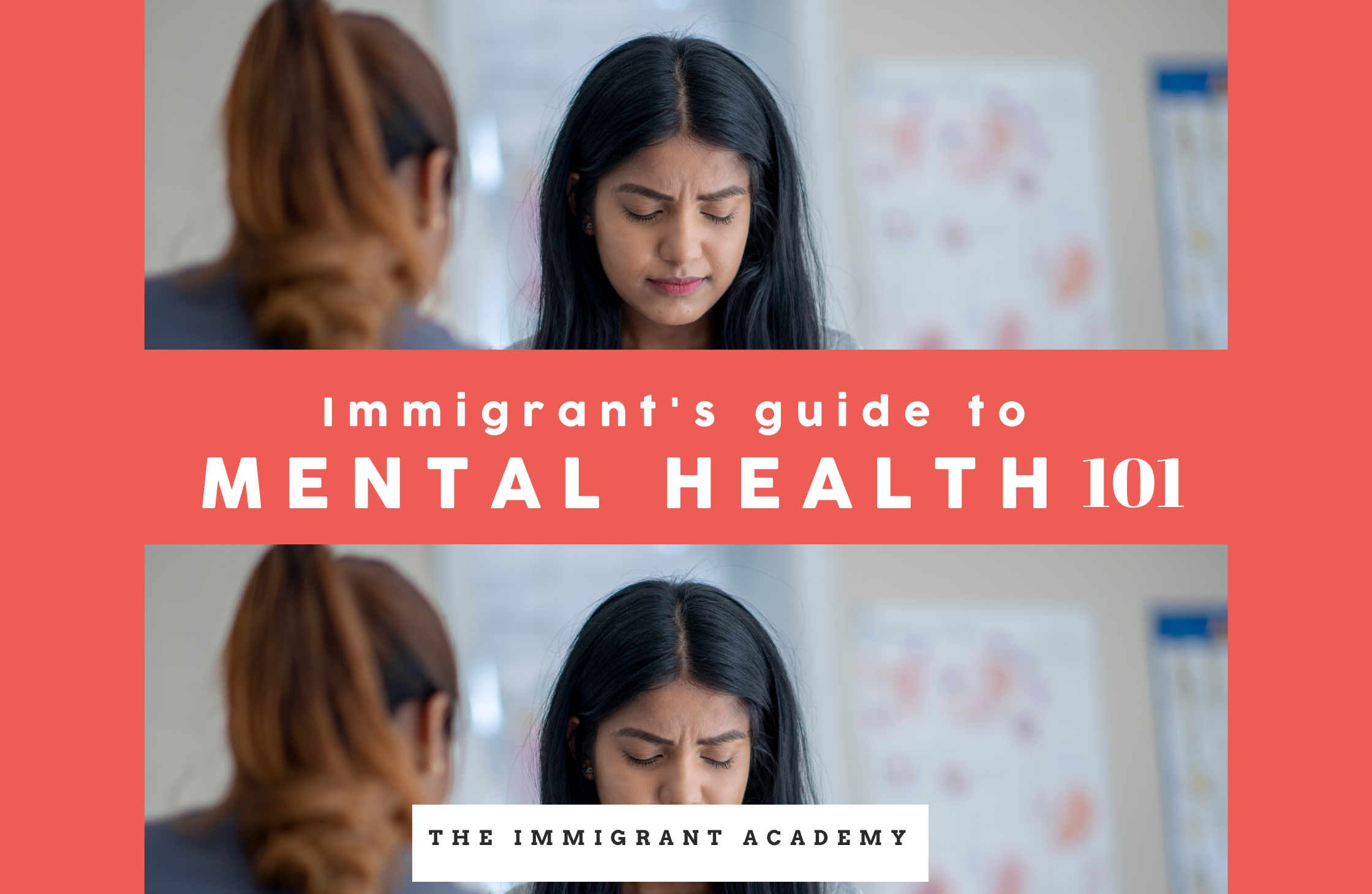“As a woman who moved to the USA on an H4 visa, I can attest to the distress that trickled after the initial few months of settling in. It was a pretty rough road. During the initial days as immigrants in a new country, our mental health looks good because everything is so fascinating. But over time, the depression starts seeping in. This decline in the mental health of immigrants is way more than the depression levels of those living in the nation of origin.”
It is a well-known fact that the USA stands as a country representing the largest immigrant population. Equality is one of the core principles of the States- Every individual must be treated fairly and with dignity. Yet, the long-prevailing problems like racial profiling, micro-aggression, religious differences, etc., still haunt the immigrants. These acts weigh heavily on the immigrants with the already existing stress factors like stress associated with low confidence, family separation, etc.
Leaving one’s home country, family and job leads to anxiety and uncertainty for the longest time. “In my case, I found it hard to weigh the pros and cons of coming to a new country. Even though I married the love of my life, I was still skeptical about life post-wedding, in a different country, that too without a job for an uncertain period. I found it hard to visualize a more promising and colorful future for us that my husband envisioned in the US.”
An H4 visa holder as a dependent is devoid of employment until EAD is issued. The entire process is tedious, and sometimes the wait time turns out to be more than anticipated. The anxiety that sets in, from the feeling of loneliness and isolation in a new country to the wait for employment, prompts depression. Untreated anxiety transmutes into depression and other mental health disorders. Physical and family well-being gets affected too.
“My experience of depression and stress during the initial days of EAD wait time was pretty hard. As an introvert, I took more time than usual to make friends. The COVID situation only made things worse. Making new friends was almost impossible. My confidence took a blow with bleak chances of getting a job any time soon. I was getting homesick and angry at everything that was happening beyond my control. Without my husband’s support and encouragement, it would have been impossible for me to see the brighter side of life.”
Another major challenge that few immigrants face is Domestic Violence. Studies have suggested that married immigrant women encounter more physical and sexual abuse than their unmarried counterparts. In many cases, women experiencing domestic violence do not attempt to flee, fearing a less sensitive attitude by the law towards immigrants. The apprehension that the case would go unheard makes it difficult, especially for new immigrants (who are not much aware of the rights in a new country), to seek help. In worse scenarios, women tend to accept the violence when their partner uses their legal status and intimidates deportation.
When we speak of mental health, one of the age groups we often exclude is ages 11 to 18.
Many stereotypes weave around immigrants.
Oftentimes, many of us will be at the receiving end of baseless judgments like can’t speak good English, are economically poor, illegal, etc. – and these are just the predominant ones. For this very reason, many immigrant kids at school choose to detach from their community. They tend to reject their own identity by building a cocoon around themselves. This is a risk factor for mental issues at an early age. Immigrant parents should communicate more with their kids and help them navigate this unknown with their assurance of unceasing support.
All the above strands raise the need to educate ourselves regarding ways to cope with the stress as immigrants.
Keeping a positive attitude is the first and foremost key to overcoming anxiety. In search of a better life, one makes a tough call in leaving the home country. Hence post-migration, it is pretty normal to be swamped by a new lifestyle, culture, and language.
It is vital to utilize this time as a new immigrant/dependent visa holder in activities like:
- Making new friends
- Getting to know more about the new country
- Getting acclimated to the new culture
- Being aware of the laws and regulations
- Getting some work experience via volunteering
- Interacting with multicultural communities
- Picking up a new activity or revisiting an old hobby
“I rekindled my interest in writing and even picked up an interest in Poetry. Conversations and sharing experiences with other women in the same boat comforted me. My mind would ponder a lot because there’s a lot of free time, so keeping myself busy by having a routine helped a ton!”
Every eclipse is temporary. So are the struggles during the process of immigration. Family, friends, self-help groups, and communities, will always be there for emotional support. It surely helps to reach out and talk it out during times of despair.
However, if the depression persists and interferes with your personal life, you must reach out to a therapist. Speaking up about depression early and explaining the symptoms to the therapists could prevent serious mental and health issues.
Finding the right therapist as a first-timer can also seem daunting and overwhelming. One of our favorite bloggers Palak Shah has compiled a list of vetted and recommended therapists by state. Another well-recommended platform where you can subscribe to get online counseling by a therapist is Better Help. Please do your own research to find the right therapist for you.
About the writer: Ananya is an aspiring freelance writer, poetry enthusiast, Zumba instructor, and software engineer by trade. She lives in Texas and follows her multiple passions. You can find her on Instagram @ananyareddykanipakam and on her blog

